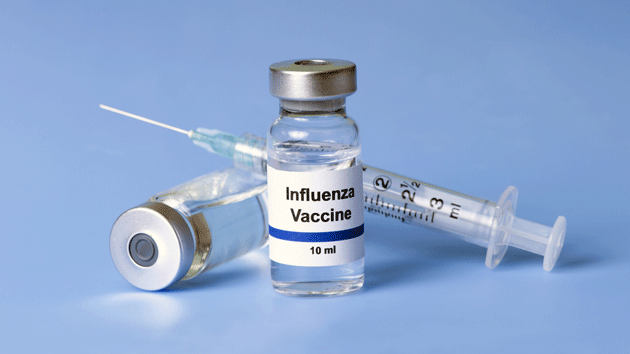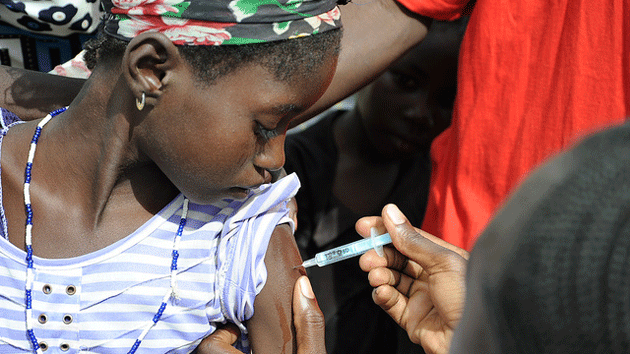
<a href="http://www.shutterstock.com/cat.mhtml?lang=en&language=en&ref_site=photo&search_source=search_form&version=llv1&anyorall=all&safesearch=1&use_local_boost=1&search_tracking_id=zzSE_JzDvwv597GmHnujzA&searchterm=flu%20vaccine&show_color_wheel=1&orient=&commercial_ok=&media_type=images&search_cat=&searchtermx=&photographer_name=&people_gender=&people_age=&people_ethnicity=&people_number=&color=&page=1&inline=174319181" target="_blank">Sherry Yates Young</a>/Shutterstock
Despite abundant evidence that flu vaccines are safe and effective, only about a third of Americans get the shots each season. Public health experts believe that one reason for the low immunization rates is misinformation about side effects of the vaccine. One is the belief that the vaccine can actually give you the flu (false); another is that it can cause autism in children (also false, as we’ve said many times).
Add that to the worry that it will cause a rare but serious nervous-system disorder called Guillain–Barré syndrome (GBS), an autoimmune disease in which the immune system attacks the nervous system, resulting in muscle weakness, or even temporary paralysis. This fear is not completely unfounded—several studies, including a recent one by Italian researchers about the 2010-2011 vaccine—have found that getting a flu shot can indeed very slightly elevate one’s risk of contracting the disease, by about one additional case per million people.
But here’s where things get complicated: While it’s true that the flu vaccine can raise your GBS risk, so can the flu itself. So which is more likely to lead to GBS: Getting the vaccine or getting the flu?
That’s the question that Steven Hawken and Kumanan Wilson, epidemiologists from The Ottawa Hospital, set out to answer. The researchers developed a calculator that took into account baseline GBS risk (overall, it’s about 10 in a million, though it varies with age and sex—GBS affects more men than women and more elderly people than young adults and children), vaccine effectiveness, and overall incidence of flu. Their findings: For most people, in a flu season where the flu incidence is greater than 5 percent and the vaccine is more than 60 percent effective, says Wilson, “your risk of GBS actually goes down when you get the vaccine because it prevents the flu.”
That’s good news in most years, when the flu vaccine is well over 60 percent effective. Here’s the problem: This year’s flu vaccine is only about 23 percent effective. Still, according to Wilson, while this year’s total flu incidence isn’t yet known, it appears to be greater than that of an average year—much higher than 5 percent. That means that even with the reduced effectiveness of the vaccine, the overall GBS risk is likely still greater for people who contract the flu than for those who get immunized, says Wilson.
What’s more, he adds, it’s important to keep in mind that the risk of serious complications from the flu outweighs that of acquiring GBS. Last year, according to the CDC, 9,635 people were hospitalized with the flu in the United States. According to the CDC there are between 3,000-6,000 cases of GBS annually (though no hospitalization data is available). Most of those cases aren’t caused by flu vaccines or the flu itself; the most common cause of GBS is infection with the bacterium Campylobacter jejeuni, usually the result of eating contaminated food.
The takeaway: The GBS risk from the flu itself is most likely greater than that of the vaccine. And while GBS can be a scary disease, it’s much less common than scary complications FROM the flu.













